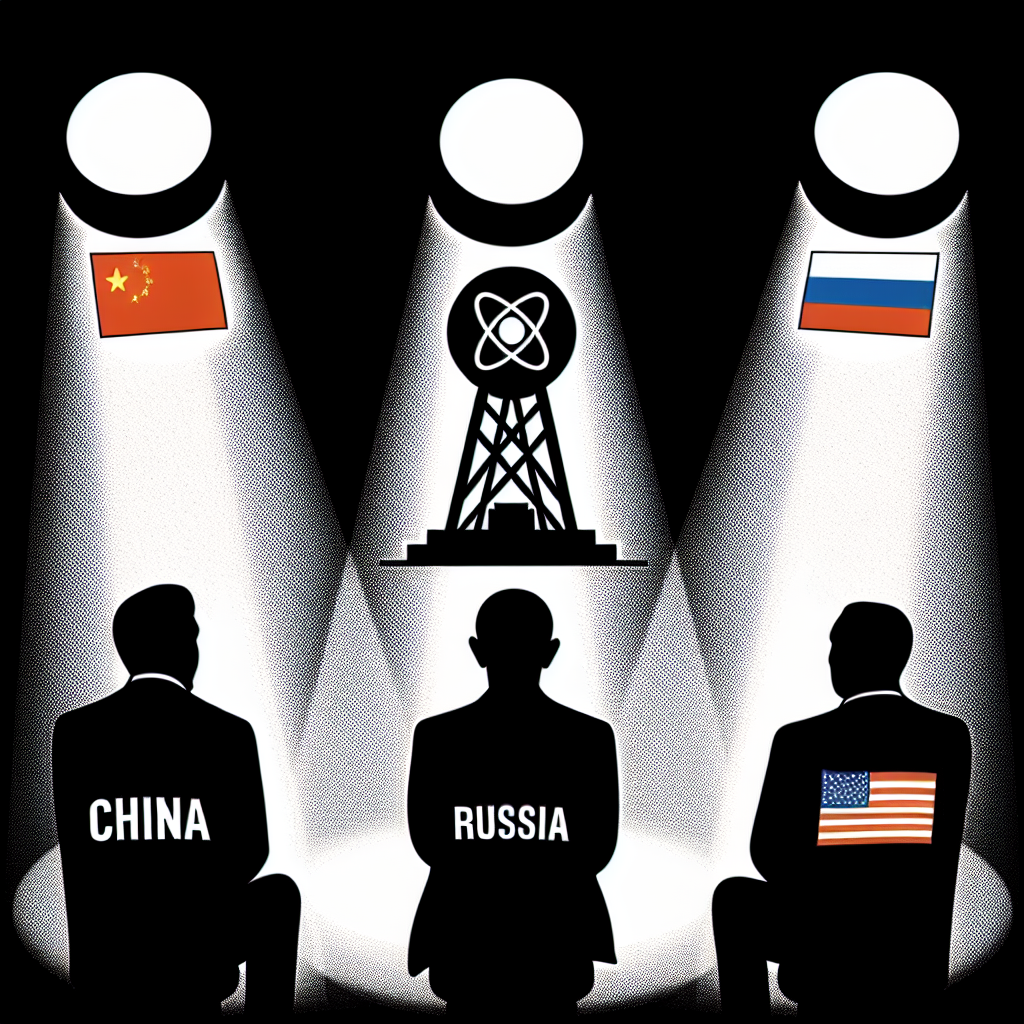Spotlight on Iran’s Nuclear Program: China, Russia, and US Perspectives
Spotlight on Iran’s Nuclear Program: China, Russia, and US Perspectives
Introduction
The international community remains focused on Iran’s nuclear program, with major global powers like China, Russia, and the United States offering distinct perspectives. This complex geopolitical issue involves strategic interests, diplomatic negotiations, and regional security concerns.
China’s Perspective
China maintains a pragmatic approach towards Iran’s nuclear ambitions, emphasizing diplomacy and economic cooperation.
- Advocates for peaceful negotiations and dialogue.
- Supports the Joint Comprehensive Plan of Action (JCPOA) as a framework for resolution.
- Seeks to balance its economic interests in Iran with global non-proliferation goals.
Russia’s Stance
Russia views Iran’s nuclear program through the lens of regional stability and strategic alliances.
- Encourages diplomatic solutions while opposing unilateral sanctions.
- Sees Iran as a key ally in counterbalancing Western influence in the Middle East.
- Supports Iran’s right to peaceful nuclear energy under international regulations.
US Perspective
The United States adopts a more cautious and security-focused approach, prioritizing non-proliferation and regional security.
- Seeks to prevent Iran from acquiring nuclear weapons capabilities.
- Utilizes a combination of sanctions and diplomatic efforts to influence Iran’s actions.
- Engages with allies to maintain a unified stance on Iran’s nuclear activities.
Conclusion
The differing perspectives of China, Russia, and the United States on Iran’s nuclear program highlight the complexity of international diplomacy. While each nation has its own strategic interests, the common goal remains preventing nuclear proliferation and ensuring regional stability. The path forward will require careful negotiation and collaboration among these global powers.






































